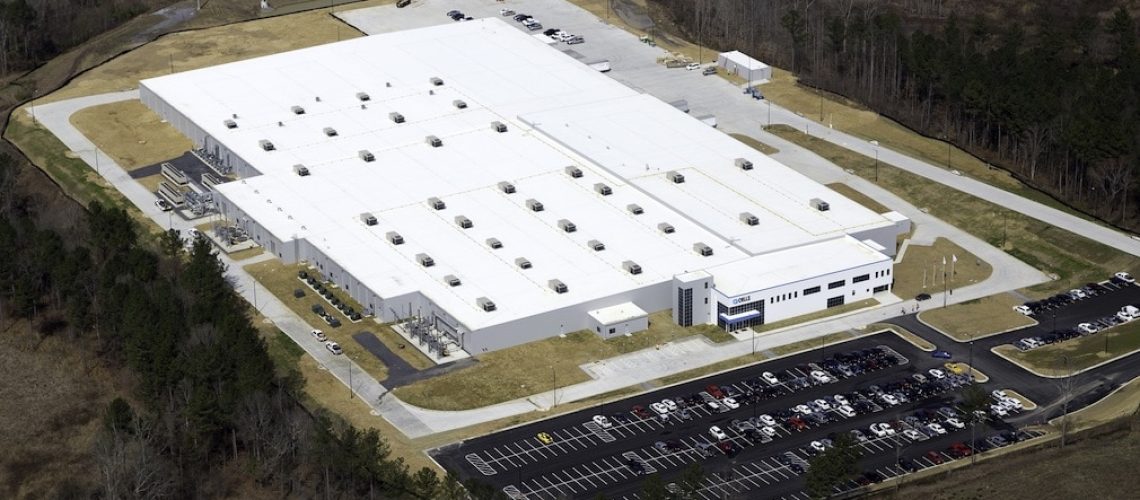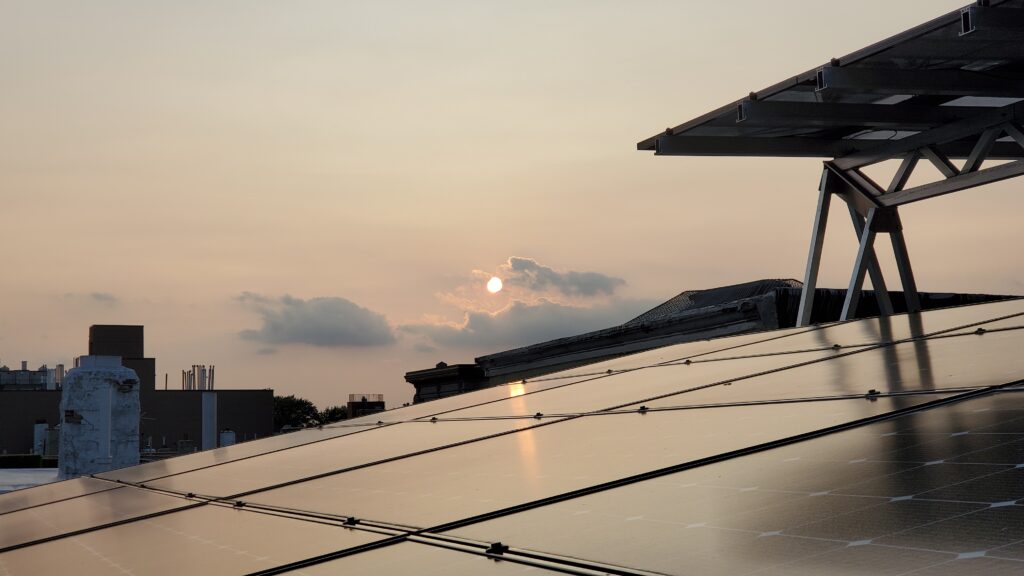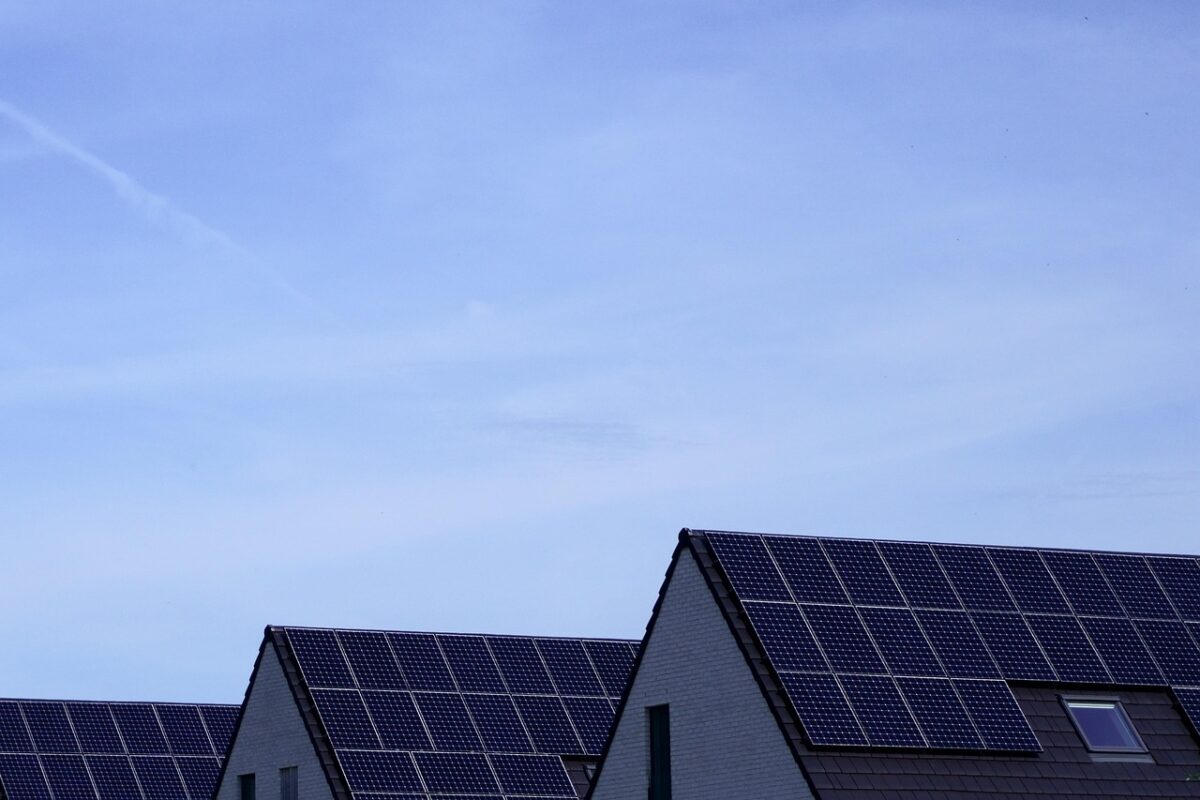Hanwha announces an investment of $320M in cell and module manufacturing capacity expansions to meet the growing global demand for sustainable energy.
Hanwha Solutions, the Korean company that owns Qcells, announced its $320 million investment plan for expanding solar manufacturing in the United States and Korea. The company said it will seek to spend $170 million building a 1.4 GW solar module production facility in the US in an unspecified location. Qcells already operates a 1.7 GW module factory in Dalton, Georgia. With the new factory expected to come online as early as the first half of 2023, Qcells’ total production capacity in the United States will exceed 3 GW, or approximately one-third of the current US solar module production capacity.
The company also announced its plan to invest $150 million to expand cell production capacity in Korea, bringing overall manufacturing capacity in Korea to 5.4 GW.
“Our company has currently a capacity of 12 GW for both cells and modules spread across Korea, Malaysia, China and the US,” CEO Justin Lee told pv magazine at a press briefing for the Smarter E event in Munich, Germany.
The investments aim to boost solar module supply at a time when the US supply chain is in turmoil from the COVID-19 pandemic to uncertainties around anti-circumvention to the Uyghur Forced Labor Prevention Act. In addition, the Russian invasion of Ukraine has sent fossil fuel prices skyrocketing, prompting a surge in demand for renewables.
“Growing uncertainties tell us that securing reliable, sustainable energy has become more important than ever before,” said Justin Lee, CEO of Hanwha Qcells. “To do this, Qcells will increase renewable supply from diversified sources and find cleaner ways to produce energy. That way, we will contribute to both energy security and net-zero emissions.”
Hanwha stated that it will make additional investments in the United States, including wafers and cells, pending “the implementation of long-term, durable policy designed to incentivize solar manufacturing”.
“Ensuring policy certainty is crucial to realizing our goal of rebuilding the US solar value chain,” said Lee. “With our relentless efforts to provide reliable, sustainable energy, we will do our utmost to solidify Qcells as the dependable choice for the US solar market.”
Hanwha Solutions is committed to a clean manufacturing process and reports that it will secure low-carbon polysilicon from manufacturers around the world. In March, the company became the largest shareholder of REC Silicon, the Norway-headquartered polysilicon manufacturer, which operates massive production facilities in Moses Lake, Washington, where REC Silicon uses hydropower to make solar-grade polysilicon.
“Currently, we are still sourcing around 95% our ingots and wafers from China, but this will change soon, as we have also recently signed a $1.2 billion deal with Korean manufacturer OCI, which is increasing its manufacturing capacity in Malaysia,” Lee said. “We are not planning, however, to restart our own polysilicon production in Korea,” he also stated.
In other news, Qcells is working with Samsung Electronics to introduce a smart heating system with the aim of hitting the market in June. The system combines Qcells’ solar panels and energy storage system with Samsung’s Eco Heating System, intended initially for the European market.






